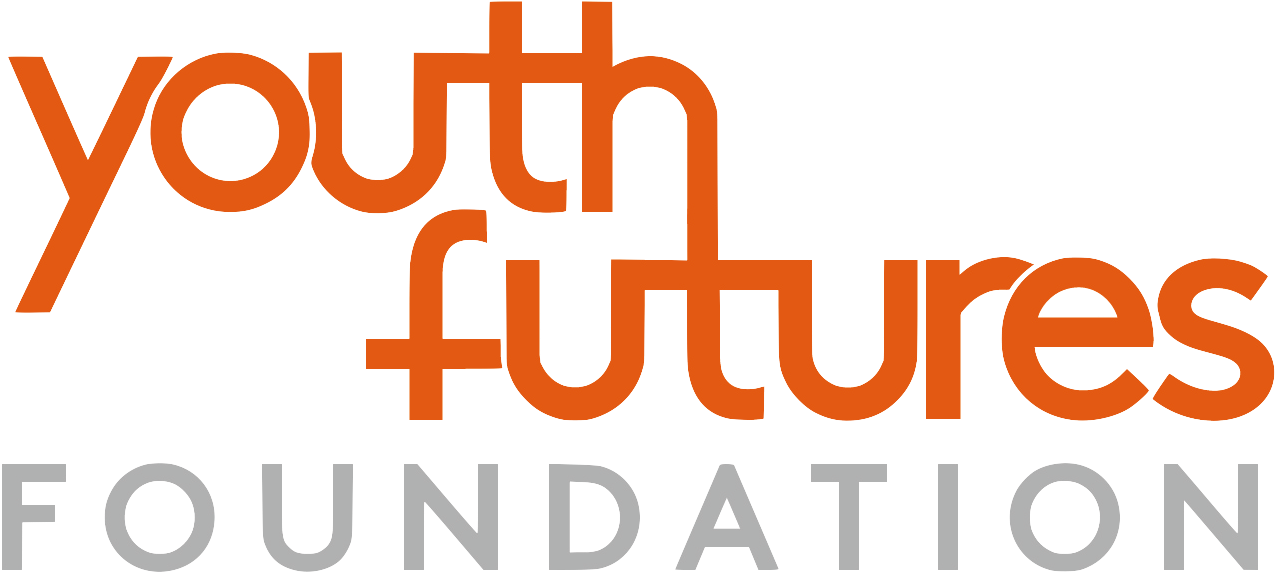Ben's story

I’m from Oldham in Greater Manchester. Raised by great working parents, my mum was in the charity sector and my dad’s a carpet cleaner. I, like many Northerners, moved to London for university. I stayed for a master’s programme and worked full-time as a stage technician in the West End throughout. Now, I’m a recruiter for an international recruitment agency. It’s proven to be challenging and rewarding, both in equal measure, and provided a steep learning curve about what employability looks like.
I was fortunate to know someone who worked in theatre and they helped me get a job through university. The difficult part came when I graduated my master’s and was made redundant from my theatre job at the same time. I put off signing on to Universal Credit as it didn’t seem right that it was my only option – I was told going to university was the gateway to social mobility and a career. But I did, eventually, and it kept me afloat.
It’s hard to pinpoint exactly what was going wrong in my job search – perhaps lack of industry knowledge, misaligned expectations – but it lasted four months. I felt anxious and frustrated, but optimistic and determined. It knocked my confidence but I knew for sure I’d be able to add value somewhere if given the chance, it was just about getting my foot in the door.
A lot of desk jobs are inaccessible in ways I never predicted. I studied implicit bias at university, and any observer can see the skew towards a certain type of person in the commercial world. I didn’t know you had to stand to shake a director’s hand after they’d kept you waiting in a cramped interview room for an hour. Apparently, there are unreciprocated expectations of politeness on jobseekers. And I learnt that lesson after that was the leading reason I was rejected at final-interview. Eventually, however, a friend recommended me to the recruitment company he worked for, and – after many more interviews than I anticipated – I secured an initial temporary contract before moving permanent.
I go through phases of thinking recruitment is relatively more or less accessible. On the one hand, so long as you can use a phone, you’re halfway there. You don’t need a private education to be a recruiter. On the other, there are subtle (often arbitrary) ingroup/outgroup identifiers in the same way as other jobs. To get in, you better not display any outgroup characteristics, like not standing to shake hands. I only got my initial interview based on a friend’s referral. Nonetheless, recruitment is a way for people from diverse backgrounds to cement themselves in the white-collar workforce, and perhaps it’s more accessible than other industries.
If I could change one thing about how I conducted my job search, it would have been to research industries to a greater extent. For example, I wish I’d have reached out to people on LinkedIn who had jobs I wanted and asked if there’s a chance we could speak; or proactively reached out to recruiters. Both of these would have provided me greater knowledge about the industry, and greater confidence in discussing it. I didn’t do this because I was scared that I’d look foolish or get on people’s nerves. But, after a few years working, I know my younger self would be surprised at how many people are willing to chat about their job. It’s far from 100%, so I would still have to have taken that leap and gotten no response, but it might have sped things up for me.

